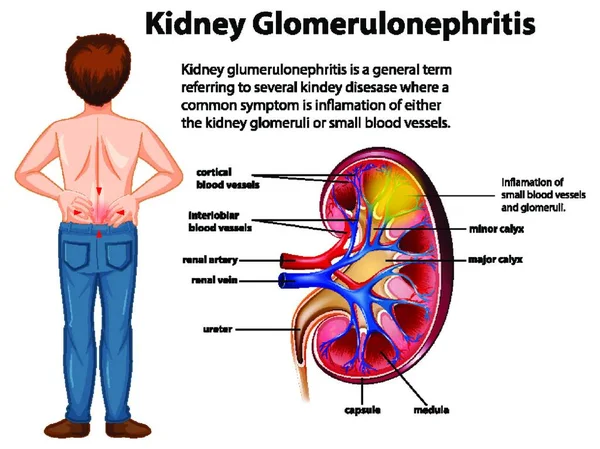Kidney Disease Management: Can It Be Reversed with Self-Care? Kidney disease is a growing concern worldwide, affecting millions of individuals and leading to serious health complications. Understanding this condition, its reversibility, and effective self-care treatments is crucial for managing kidney health. This article explores the nature of kidney disease, the potential for reversal, and practical self-care strategies to maintain kidney function.
What is Kidney Disease?
Kidney disease encompasses a range of conditions that impair the kidneys’ ability to filter waste and excess fluids from the blood. The most common form is chronic kidney disease (CKD), which progresses over time and can lead to end-stage renal disease (ESRD), requiring dialysis or transplantation. CKD is often associated with underlying health issues such as diabetes and high blood pressure, which are significant contributors to kidney damage.
The kidneys play vital roles in maintaining overall health by regulating electrolytes, producing hormones that control blood pressure, and ensuring the elimination of toxins. When kidney function declines, waste products accumulate in the bloodstream, leading to various health complications. It’s estimated that about 1 in 7 adults in the United States has CKD, with many unaware of their condition due to a lack of symptoms in the early stages.
Can Kidney Disease Be Reversed?
The question of whether kidney disease can be reversed is complex. In general:
- Chronic Kidney Disease: Once kidney damage occurs, it cannot be reversed. However, the progression of CKD can often be slowed through effective medical treatment and lifestyle changes. This includes managing underlying conditions like hypertension and diabetes, which are critical for preserving remaining kidney function.
- Acute Kidney Injury: In contrast, acute kidney injury (AKI) may be reversible if treated promptly and effectively. The kidneys can regain function once the underlying cause—such as dehydration or infection—is addressed.
While complete reversal is not possible for chronic cases, proactive management can significantly improve quality of life and prolong kidney function. Regular check-ups with healthcare providers are essential for monitoring kidney health and adjusting treatment plans as needed.
How to Treat Kidney Disease with Self-Care Remedies
Self-care plays an integral role in managing kidney disease. Here are several effective strategies:
- Dietary Adjustments: A balanced diet tailored for kidney health is crucial. This often involves reducing sodium intake to manage blood pressure, limiting phosphorus and potassium to prevent buildup in the bloodstream, and ensuring adequate protein consumption without overloading the kidneys. Foods rich in antioxidants, such as berries and leafy greens, can also support overall health.
- Regular Exercise: Physical activity helps maintain a healthy weight, lowers blood pressure, and improves cardiovascular health—all beneficial for kidney function. Aim for at least 150 minutes of moderate exercise weekly. Activities can include walking, swimming, or yoga.
- Hydration: Staying well-hydrated is essential for kidney health but should be balanced according to individual needs and any existing fluid restrictions advised by a healthcare provider.
- Monitoring Health Metrics: Keeping track of blood pressure, blood sugar levels (for diabetics), and weight can help manage kidney disease effectively. Regular monitoring allows for timely interventions when levels fluctuate beyond recommended ranges.
- Avoiding Harmful Substances: Smoking cessation is critical since smoking can worsen kidney function. Additionally, limiting alcohol intake and avoiding over-the-counter medications that may harm the kidneys (like NSAIDs) are important steps.
- Emotional Well-being: Managing the emotional aspects of living with chronic illness is vital. Engaging in support groups or counseling can help individuals cope with their diagnosis and maintain a positive outlook on their health journey.

In conclusion, while chronic kidney disease cannot be reversed once damage has occurred, its progression can be effectively managed through a combination of medical treatment and proactive self-care strategies. By adopting healthier lifestyle choices and working closely with healthcare providers, individuals can significantly enhance their quality of life while living with kidney disease.
Also Read | Is Your Nail Color a Warning Sign for Kidney Disease?


